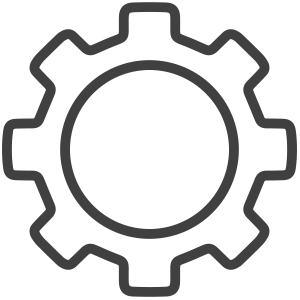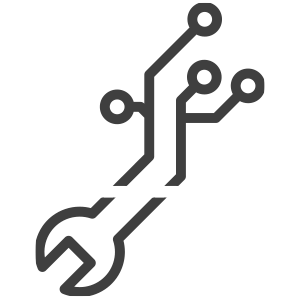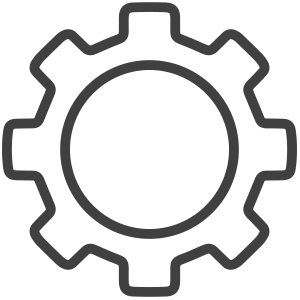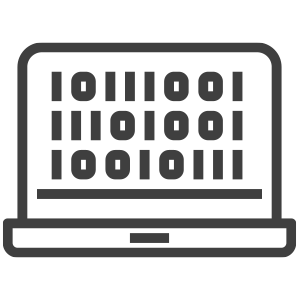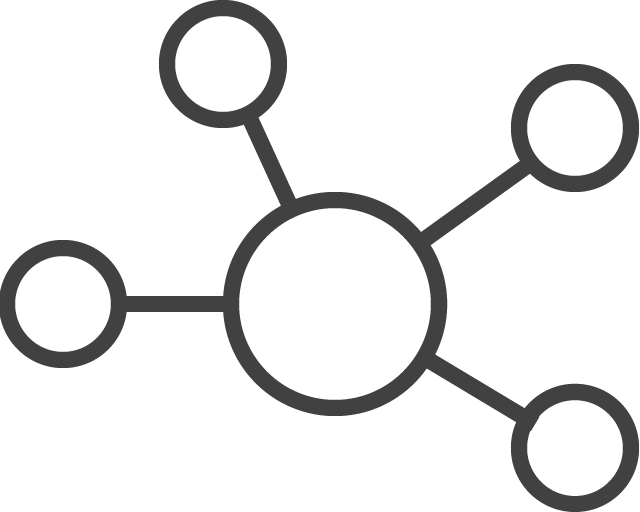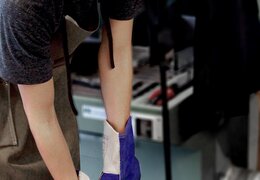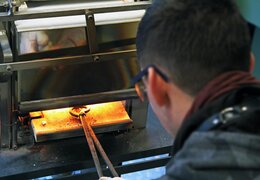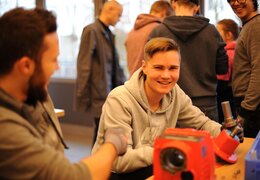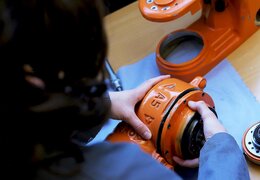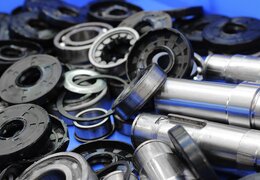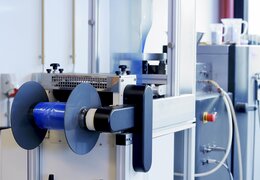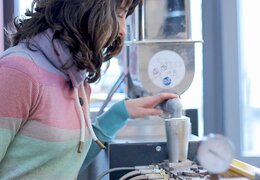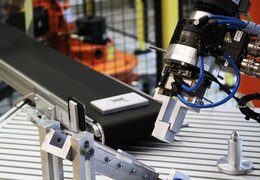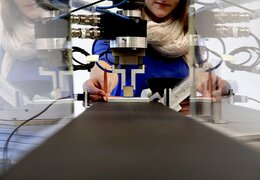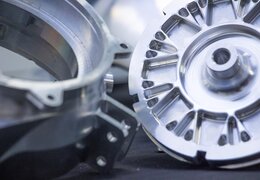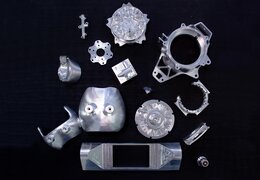the desire to discover new things
will drive you to become an engineer for life
Sharing ideas, passing on knowledge, taking responsibility... there is a sense of community in all of this. This is what engineers are all about and this is also what characterizes the Faculty of Mechanical Engineering and Mechatronics. Whether you choose Mechanical Engineering (Bachelor and Master) or Mechatronics (Bachelor and English-language Master), whether you choose Technical Design (Bachelor) or Resource-Efficient Product Development (Bachelor), with your ideas and decisions you are not only shaping your own future, but also the future of all of us in a good sense.... and that's why we are already looking forward to welcoming you!
Prof. Dr.- Ing. Stefan Götze
the faculty at a glance
Impressions
labs
The laboratories of the Deggendorf Institute of Technology offer the best technical equipment and the basis for an up-to-date and practical education. Modern technology according to industrial standards makes it possible to deepen the knowledge acquired in the lectures in all phases of the studies.
Currently, this content is available only in German. We apologize for the inconvenience.
functions, positions & links
Dean (Chairman of the Faculty Council)
Vice Dean
Dean of Studies
Commissioner for Equal Opportunities for Women in Science and the Arts
- Ellen Klippert
- Deputy Commissioner for Equal Opportunities for Women in Science and the Arts: Jochen Hiller
Course Coordinators/Student advisory
- Mechanical Engineering:
- Mechatronics:
- Ressourceneffiziente Produktentwicklung / Circular Engineering:
- Technical Design:
- Master Mechatronic and Cyber-physical Systems (DEG):
- Master Mechanical Engineering:
- Master Sustainability in Polymer Technology (TC Weißenburg):
Internship coordinators
- Mechanical Engineering: Prof. Dr. rer. nat. Martin Aust
- Mechatronics: Prof. Dr. rer. nat. Martin Aust
- Technical Design: Prof. Dr. rer. nat. Martin Aust
- Support: Albert Schreiner
Exam board
- Bachelor Mechanical Engineering, Bachelor Mechatronics, Bachelor Technical Design, Bachelor Ressourceneffiziente Produktentwicklung/Circular Engineering, Master Mechanical Engineering
- Chairman: Prof. Dr. Robert Mnich
- Master Mechatronic and Cyber-Physical Systems
- Chairman: Prof. Dr. -Ing. Stefan Scherbarth
- Master Sustainability in Polymer Technology (TC Weißenburg)
Accreditation
Exam and lecture schedule planning
- Lecture schedules: Dr. Markus Schinhärl, M. Eng.
- Lecture schedules: Prof. Dr. rer. nat. Martin Aust
- Exam schedules: Prof. Dr. Robert Mnich
Evaluation
Learning Agreement Representative
Faculty representative
General Engineering
- SolidWorks CAD Software
SolidWorks is a 3D CAD programme.
Alle students and teachers of the Faculty of Mechanical and Mechatronics at the Deggendorf Institute of Technology are entitled to use the "Student Design Kit" of SolidWorks on their private computers. The software can be downloaded directly from SolidWorks after registration.
You will receive the information necessary for the registration at SolidWorks (internet link and the school license ID) by e-mail.
Contact people:
General information:
At the Faculty of Mechanical Engineering and Mechatronics of the Deggendorf Institute of Technology, PC workstations and CAD-capable workstations are available in sufficient numbers for students. The computer workstations are connected to the general services of the IT centre via a wired network and are freely accessible to the students.
In addition, further EDP workstations are available in various laboratories. The hardware and software of these EDP devices are adapted to the respective laboratory equipment and are partly operated as isolated solutions. In principle, the computer workstations of other faculties are also accessible to the students.
The EDP responsibility is divided into two areas: The supply of the basic services (user administration, file server, e-mail, backup) is ensured centrally by the IT centre. The faculties, on the other hand, provide application-related services for education and are responsible for the hardware and software equipment of the laboratories.
The tasks are coordinated in close cooperation between the IT centre and the respective faculty.
A unique e-mail address and an entry in the global address directory is created for each students. The e-mail inbox can be managed via any common e-mail client or via a web interface.
File storage
A personal network drive is available to students for storing their data. The size of the drive is limited and can be individually enlarged if necessary (e.g. for project work). A shared distribution drive with read-only access ensures the smooth distribution of larger data volumes such as lecture scripts.
Both drivers are automatically available at a PC workstation after the login process.
Nextcloud provides a web-based file storage for easy access form outside with a smartphone or notebook.
Virtual learning platform
The open source product Moodle is available as a central virtual learning platform for the organisation of courses throughout the university. The availability of this service is ensured centrally by the IT centre.
Access for private notebooks
At the permanently installed PC workstations, there are also a sufficient number of easily accessible sockets to supply power to private notebooks.
Every students with a valid user account can independently register his or her private notebook for connection to WiFi. The WiFi is available almost everywhere at the entire university.
Secure access to the services of the IT centre (e-mail, data storage, moodle) is possible worldwide via the internet.
Printing and copying
Every student can print out independently on all freely available printers throughout the university. The printing costs incurred are recorded and offset against the personal printing credit. At student terminals, the print credit can be viewed and, if necessary, upgraded.
For the printing of technical drawings, a faculty-owned large format plotter is also available in room C116.
A private service provider for copy and print jobs (Copyshops room C012), offers advanced printing options such as large print jobs or bound editions for bachelor theses.
Server equipment at the faculty
The faculty of Mechanical Engineering and Mechatronics provides application-related services for education. The server structures required for this are located in separate air-conditioned rooms of the faculty and are maintained by the faculty's IT personnel.
These are mainly license servers which are necessary for the operation of CAD applications and technical simulation programmes.
But also installations for student project work or the environment for the operation of the faculty's own large format plotters are included.
The individual servers run on KVM-based virtualisation technology.
Software Equipment
The faculty of Mechanical Engineering and Mechatronics uses a wide variety of software products. For the basic supply (especially for the information services) the use of free and open standards is taken care of.
For the training-related applications (CAx, simulation, programming), the software products commonly used in industry are provided. Several different products are available, especially for CAD applications.
Training-related applications:
|
CAD / CAE |
PTC Creo, SolidWorks, Tebis |
|
Simulation and Calculation |
MATLAB Simulink, Kisssoft, Festo FluidSim (Pneumatics/Hydraulics), Nastran/Patran, Ansys, Trysim (SPS), iTNC Heidenhain, B&R Automation-Studio, Kuka-Simulation |
Private use:
For academic purposes, selected software products are available for installation on private devices, such as PTC Creop, SolidWorks.
The procedure for downloading and licensing is documented on the university's website.
Technical equipment in the lecture rooms
All lecture rooms are equipped with height-adjustable tables for lectures. The basic technical equipment of the rooms includes beamers, document cameras and audio equipment.
Computer support for students
The supervision of students at the Deggendorf Institute of Technology is distributed over several pillars:
- Help for self-help
On the intranet, students can find current information on IT, FAQs and access to personal status queries. - IT support
The IT support of the Deggendorf Institute of Technology is organised as the first point of contact for IT problems by means of a ticket system. Users can formulate their requests on a website. These are forwarded via the ticket system to the responsible staff in the IT centre or laboratory engineers directly to the faculty and answered via e-mail. - Staff at the faculty
At the faculty of Mechanical Engineering and Mechatronics two laboratory engineers are available for direct and fast help in case of computer problems. Student assistants are also regularly employed for general maintenance work.
Access restrictions, opening hours
The laboratories and their access routes are handicapped accessible. The individual floors can be reached by elevators.
The opening hours of the PC workstations are based on the general opening hours of the Deggendorf Institute of Technology (see house rules).
The PC workstations are freely accessible outside of the lectures.
Contact
- Prof Dr Ing Rudolf Strohmayr
- Dipl Ing (FH) Roland Deuschle
- Dipl Ing (FH) Stephan Lentner
ASIIN Accreditation
The ASIIN e.V. is an independent non-profit association, which is committed to the recognition, comparability and quality control - also called accreditation - of Bachelor and Master programmes, both nationally and internationally. ASIIN e.V. is the only specialist accreditation agency in the field of engineering and natural sciences, computer sciences and mathematics and is one of the ten accredation agencies examined by the Accreditation Council.

